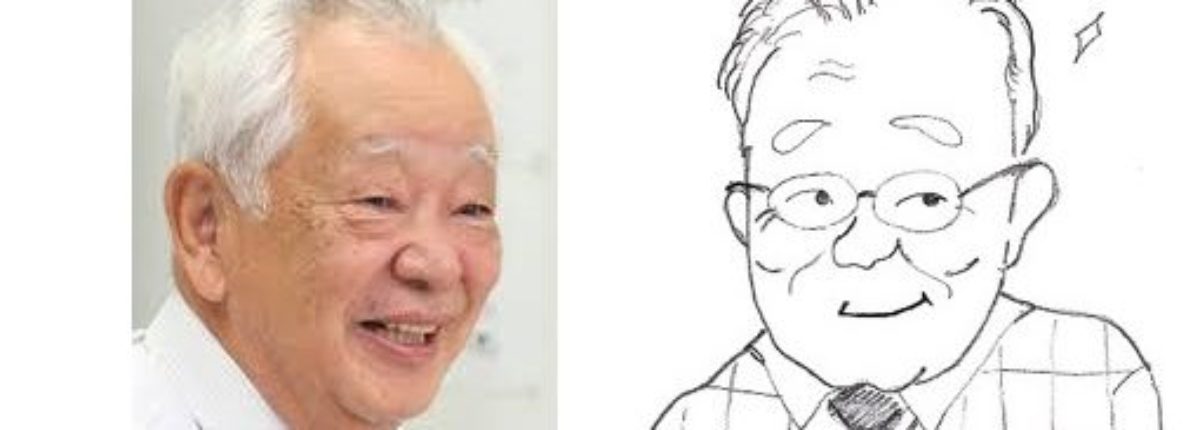I received an unexpected manuscript request from Professor Mamiko Ozaki, a leading researcher in the field of ant olfaction. She is working on a section titled “Attachment and Nurturing” for the upcoming “Illustrated Guide to Animal Behavior” and wanted to include the term “manakai” which I had previously discussed in my book “Enjoying Child Rearing”.
I myself also love the sound of this word “manakai”. When I see a mother and baby looking at each other and smiling, I can’t help but burst into laughter. It’s contagious and makes me smile too.
Infants are born with an innate ability to mimic facial expressions. When an adult smiles or sticks out their tongue in front of a newborn, the baby mimics the expression back as if reflecting it in a mirror. Unlike other mammals, human newborns are unable to cling to their mothers or nurse without assistance.
From birth, infants require attention and care from others, especially their mothers, to survive. It is believed that the act of mimicking facial expressions is innate in humans because it is necessary for survival.
Dr. Jushichiro Naito, a senior pediatrician known as the godfather of child-rearing, constantly emphasized that “the basics of child-rearing are found in ‘manakai'”. While the dictionary simply defines “manakai” as “the space between the eyes”, Dr. Naito used it to mean “eye contact”.
Not only does “manakai” refer to the act of making eye contact, but it also refers to the “pleasurable emotional connection” between a mother and child through shared gazes and smiles, which can be felt by those around them.
2023.5.11

